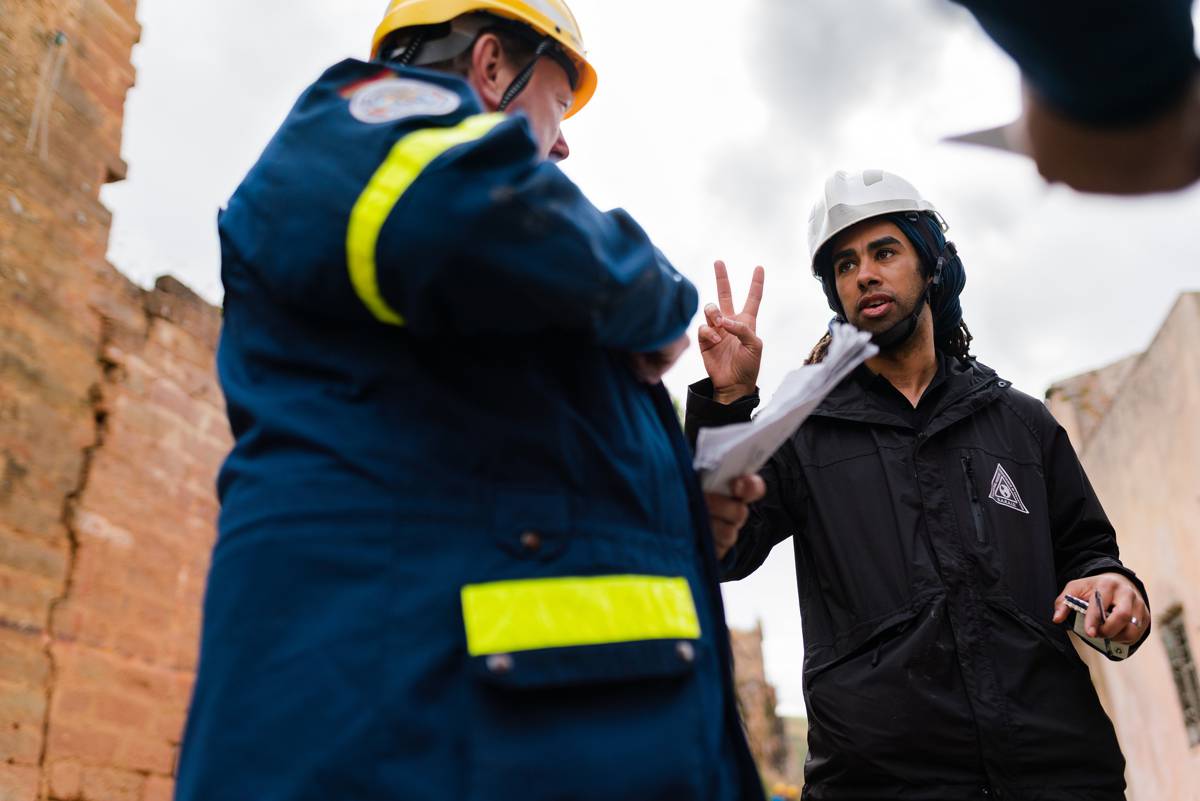A High School Students guide to becoming a Civil Engineer
Everywhere you look, there is something we can thank a civil engineer for.
Civil engineers are responsible for developing roads, bridges, waterways and more. They are the leading experts in urban development and help shape the neighbourhoods and communities we live in. As the world grows and energy conservation becomes even more important, the demand for these professionals will continue to rise globally.
If you’re interested in becoming a civil engineer, here are a few things to help you start planning for your future career.

Start Early
As with any college degree, planning ahead is ideal because the requirements for this career are strict. This is especially true if you’re still in high school. You’ll need to show efficiency in courses such as science, math and physics. And due to the competitive nature of this career, solid grades are a must.
Internships and job shadowing will also give you the hands-on experience you need to figure out what you’ll use your civil engineer degree for. Make sure that you focus on getting a good GPA and scoring high on the SATs. Taking AP courses in math and science will also help bolster your application.
More importantly, it will provide you with the foundation you need to excel in more advanced classes.

Research Bachelor Degrees
You will need to have at least a Bachelor of Science in Civil Engineering to qualify for an entry-level job, though many professionals in the field go on to earn their master’s degrees as well.
Every school has its own pros and cons, so you should carefully research different job listings for civil engineers and compare their requirements and duties to a school’s course offerings. In addition to getting a solid introduction to the world of engineering, you should look for a program that is taught by engineers and has plenty of hands-on education. This isn’t a field you can learn through textbooks alone.

How Much Does a Degree in Civil Engineering Cost?
The price of a bachelor’s degree depends on the school and state you live in. However, the average price for in-state students ranges from $10,000 to $14,000.
For students who are out-of-state, it can range between $35,000 to as much as $45,000. Regardless of your situation, it’s not easy to pay this out-of-pocket. In order to pay for the skills you need, you may consider borrowing a student loan from a private lender.
Private lenders offer their clients reduced interest rates, which allows students to have an easier time paying off student debt.

What Are the Tasks of a Civil Engineer?
As a civil engineer, you can expect to oversee the construction of various projects such as for roads, highways, dams, and tunnels.
You will also have to analyse plans of construction, blueprints and the maps of the designated area. Taking risks into account and ensuring safety and government protocols is also a major responsibility you may have to undertake. In addition to excellent math and physics knowledge, you’ll also have to be a strong writer and skilled communicator.
Civil engineers assume leadership responsibilities in many construction projects, so you’ll have to be confident and comfortable expressing your ideas and delegating work to others.





























